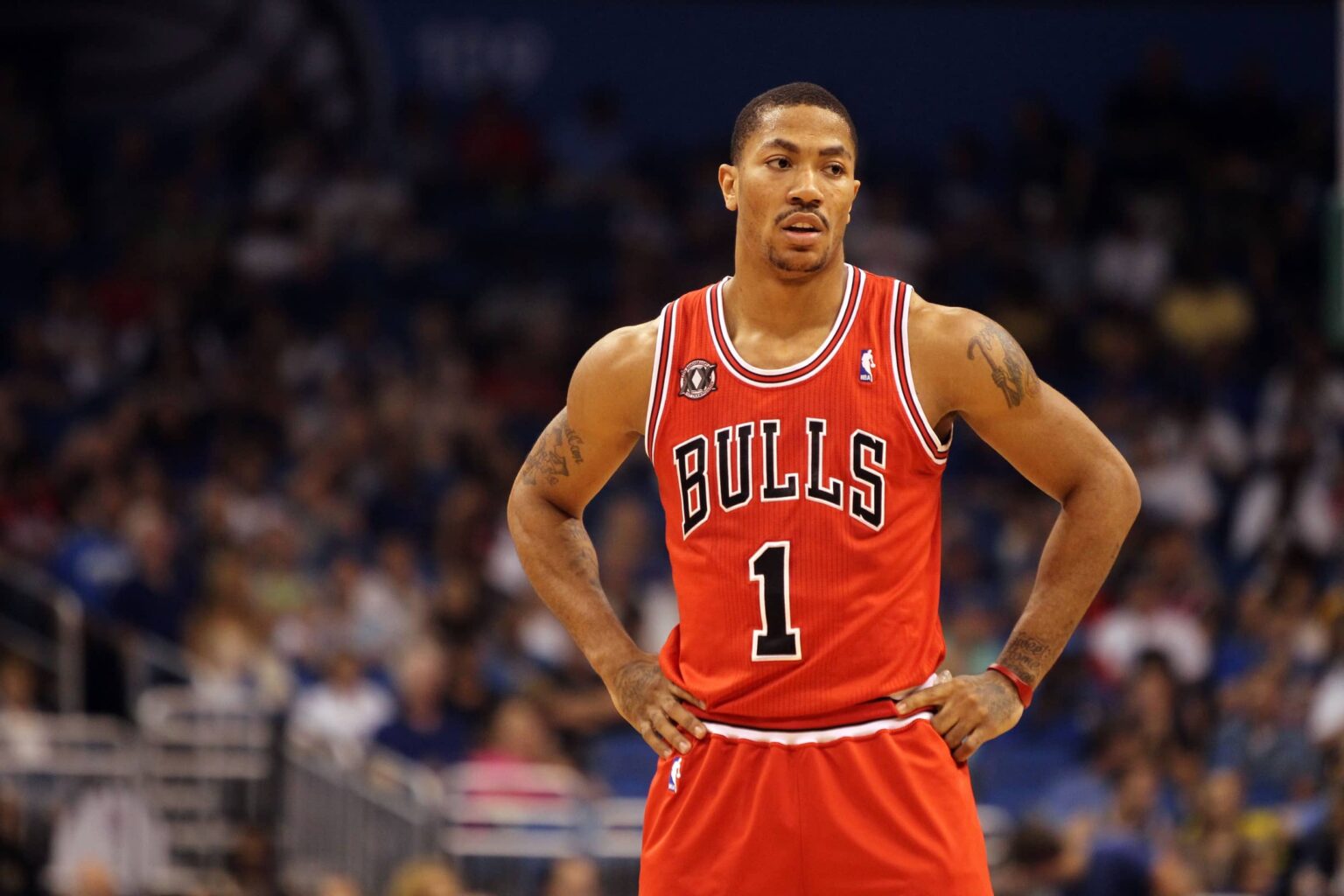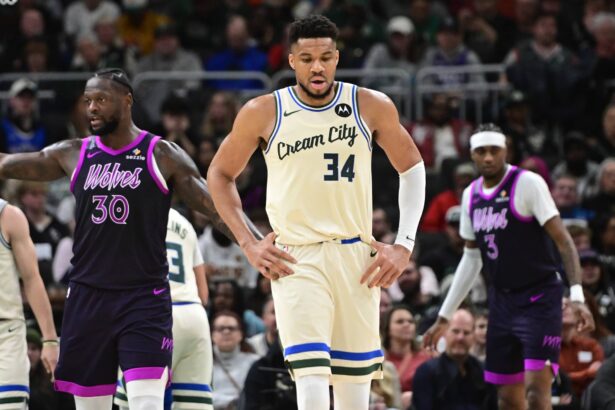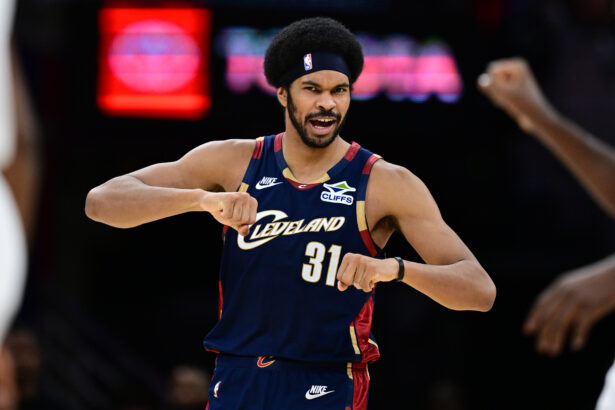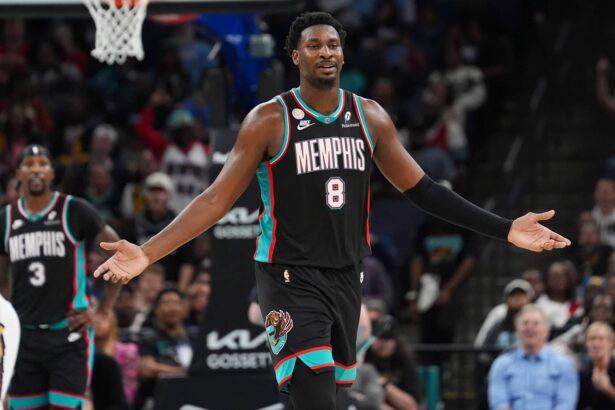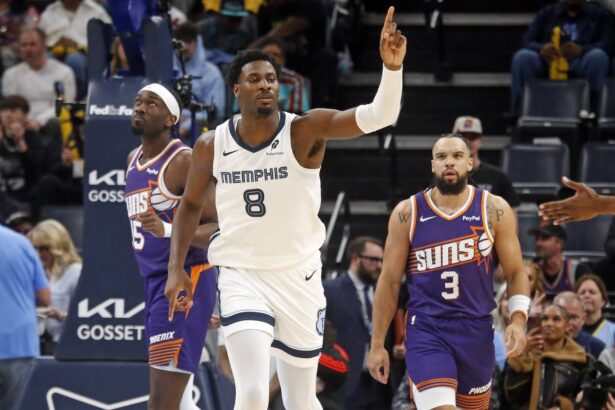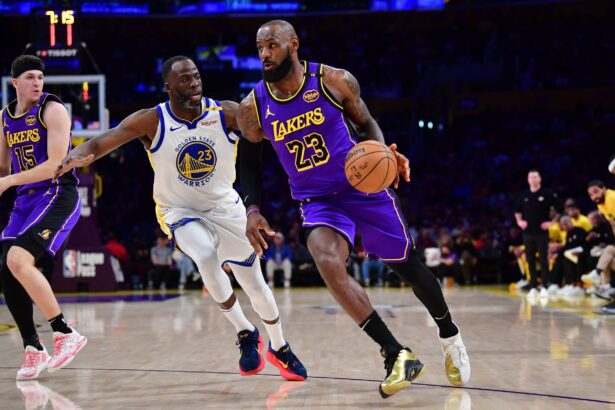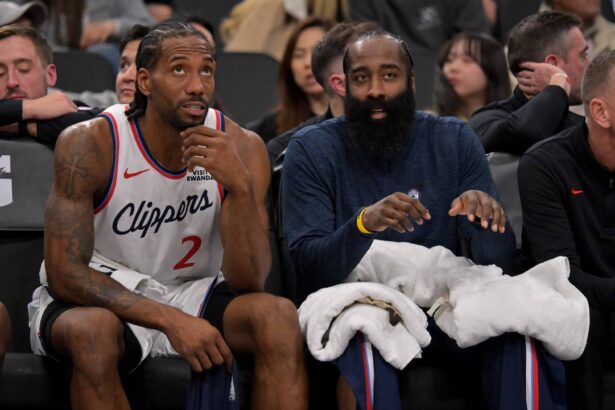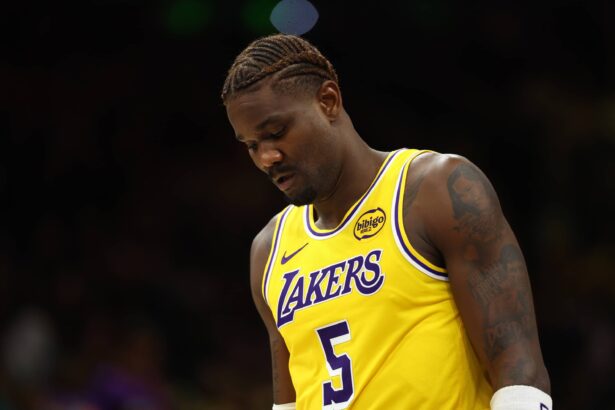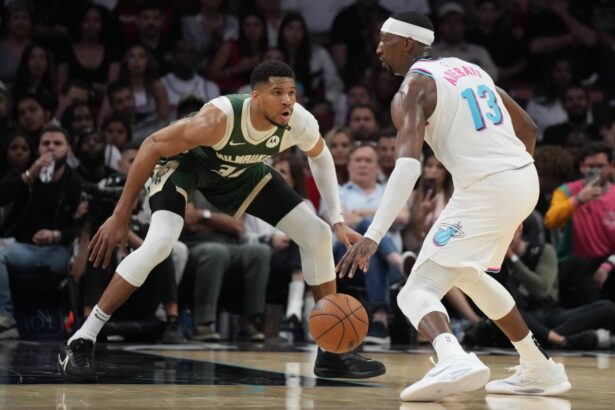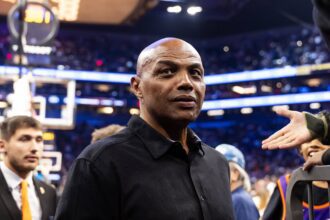Chandler Parsons recently made waves with his take on Derrick Rose’s Hall of Fame credentials during an appearance on Run It Back. Despite expressing admiration for Rose’s breathtaking impact during his prime, Parsons argued that the former MVP falls short of the criteria required for basketball immortality, pointing to two key reasons: longevity and overall resume.
“No, which is crazy. I think longevity and health, that’s going to matter and that’s going to hurt him. There’s a lot of other guys with kind of more accolades, more All-Stars, better resumes that aren’t in. But I wouldn’t be mad if he was.”
Comment your two greatest what if’s in NBA history below ⬇️😱 @ChandlerParsons pic.twitter.com/wP3ZbPhFqX
— Run It Back (@RunItBackFDTV) November 26, 2024
Parsons’ reasoning is rooted in the broader Hall of Fame landscape, where consistent excellence over an extended period often holds significant weight. While Rose dazzled fans and peers alike during his peak, injuries limited his effectiveness and availability in subsequent years.
Despite this, Rose’s legacy remains a complex case, as his resume includes an MVP award, three All-Star selections, and an All-NBA First Team nod. Notably, Rose is one of only two league MVPs not yet in the Hall of Fame, the other being Nikola Jokic, who is still active and poised for enshrinement when eligible.
Rose’s journey from Chicago playgrounds to becoming the youngest MVP in league history is undoubtedly inspirational, underscoring the resilience and determination he displayed throughout his career.
Despite Parsons’ skepticism, comparisons to past inductees strengthen Rose’s case. Injuries derailed the careers of other Hall of Famers, such as Bill Walton and Arvydas Sabonis, yet both received the honor.
Walton played only 10 NBA seasons and exceeded 60 games in a season just three times, while Sabonis played seven seasons in the NBA, albeit with a sterling international career. Rose, in contrast, played 11 NBA seasons, surpassing 60 games in five of them, and his early years were marked by remarkable durability. He played at least 78 games in each of his first three seasons, cementing his status as one of the league’s brightest stars during that span.
Ultimately, Parsons’ comments highlight the subjective nature of Hall of Fame debates. Rose’s peak was undeniably extraordinary, and his impact transcends raw numbers. While longevity and a lack of postseason accolades may weigh against him, his status as a cultural icon and the youngest MVP in history ensures his name remains firmly in the conversation. Whether or not the Hall of Fame ultimately calls, Derrick Rose’s story will endure as one of the NBA’s most compelling legacies.
Thank you for being a valued reader of Fadeaway World. If you liked this article, please consider following us on Google News. We really appreciate your support.

